Worldviews and Planetary Politics: Gardens, Jungles and Oceans
Monday, April 4, 2022
5:00 PM – 6:30 PM EDT
Lindner Family Commons
1957 E ST NW Room 602
NOTE: All non-GW affiliated attendees must comply with GW’s COVID-19 policy in order to attend this event, including full vaccination and masking indoors.
About the Event
Contemporary world politics is structured around the world order of nation-states in turn founded largely upon a Newtonian cosmology and an associated worldview. I develop a conceptual framework around the ‘epistemic engine’ which organizes and circulates the cosmological and institutional structures of Enlightenment modernity. Subsequently, I explore how the imperial Chinese world order– functional until at least the late 19th century–reveals a different cosmology shaping a different world order and politics. I also explore the contemporary PRC view of the world order probing the extent to which its historical experiences can be seen to re-shape the hegemonic epistemic engine. In the final section, I draw from a paradigm of ‘oceanic temporality’ to grasp counter-finalities generated by the epistemic engine on the earth and the ocean itself. Can the counter-flows of social movements allow us to imagine what Katzenstein calls a post-Enlightenment, hyper-humanist cosmology?
Speaker
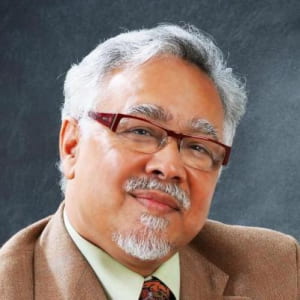
Prasenjit Duara is the Oscar Tang Chair of East Asian Studies at Duke University. He was born and educated in India and received his PhD in Chinese history from Harvard University. He was previously Professor and Chair of the Dept of History and Chair of the Committee on Chinese Studies at the University of Chicago (1991-2008). Subsequently, he became Raffles Professor of Humanities and Director, Asia Research Institute at National University of Singapore (2008-2015).
In 1988, he published Culture, Power and the State: Rural North China, 1900-1942 (Stanford Univ Press) which won the Fairbank Prize of the AHA and the Levenson Prize of the AAS, USA. Among his other books are Rescuing History from the Nation (U Chicago 1995), Sovereignty and Authenticity: Manchukuo and the East Asian Modern (Rowman 2003) and most recently, The Crisis of Global Modernity: Asian Traditions and a Sustainable Future (Cambridge 2014). He has edited Decolonization: Now and Then (Routledge, 2004) and co-edited A Companion to Global Historical Thought with Viren Murthy and Andrew Sartori (John Wiley, 2014). His work has been widely translated into Chinese, Japanese, Korean and the European languages.
Moderator

Gregg Brazinsky (he/him) is Professor of History and International Affairs. He is director of the Asian Studies Program, acting director of the Sigur Center for Asian Studies, and acting co-director of the East Asia National Resource Center. He is the author of two books: Nation Building in South Korea: Koreans, Americans, and the Making of a Democracy and Winning the Third World: Sino-American Rivalry during the Cold War. His articles have appeared in numerous journals including Diplomatic History and the Journal of Korean Studies. He has written op-eds for The Washington Post, The Chicago Tribune and several other media outlets. He is currently working on two books. The first explores American nation building in Asia–especially Japan, Taiwan, and South Korea. The second explores Sino-North Korean relations during the Cold War.


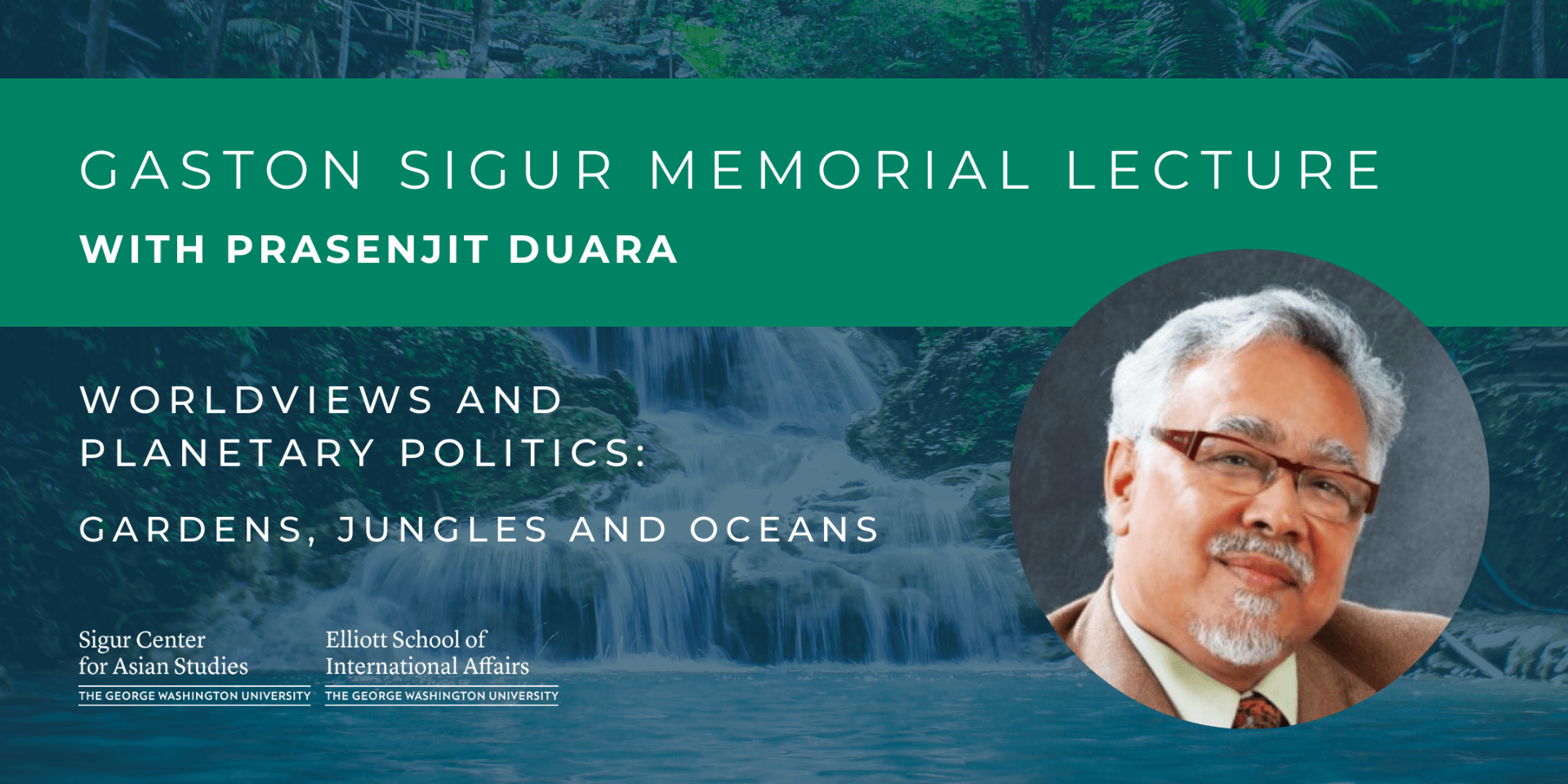
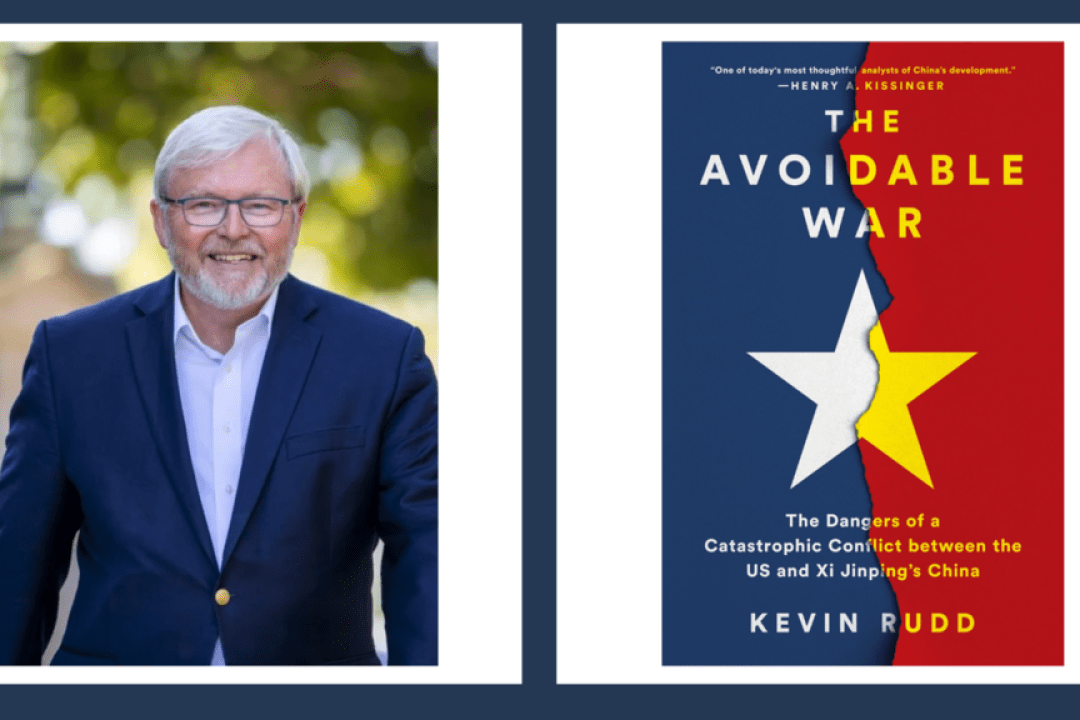
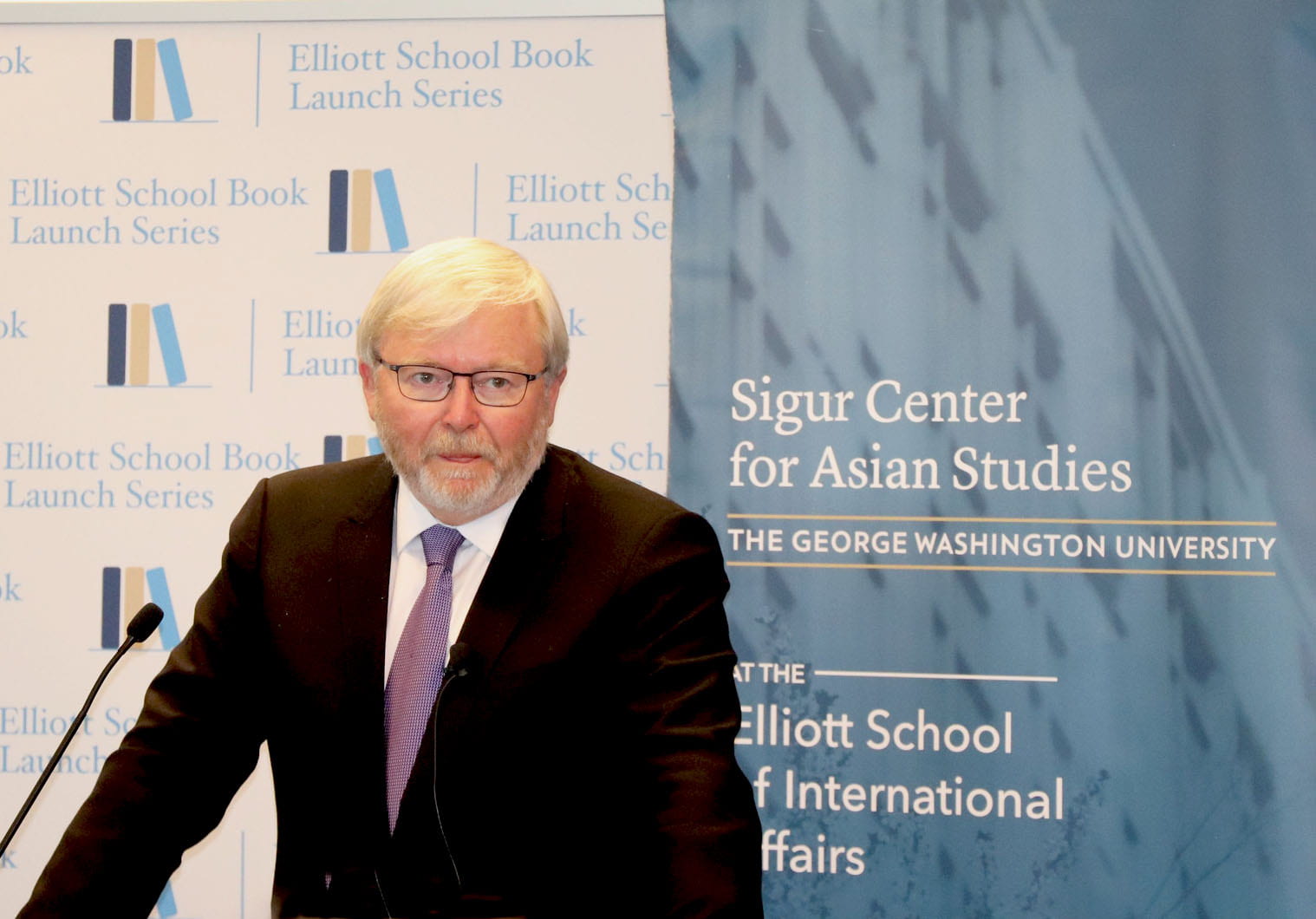
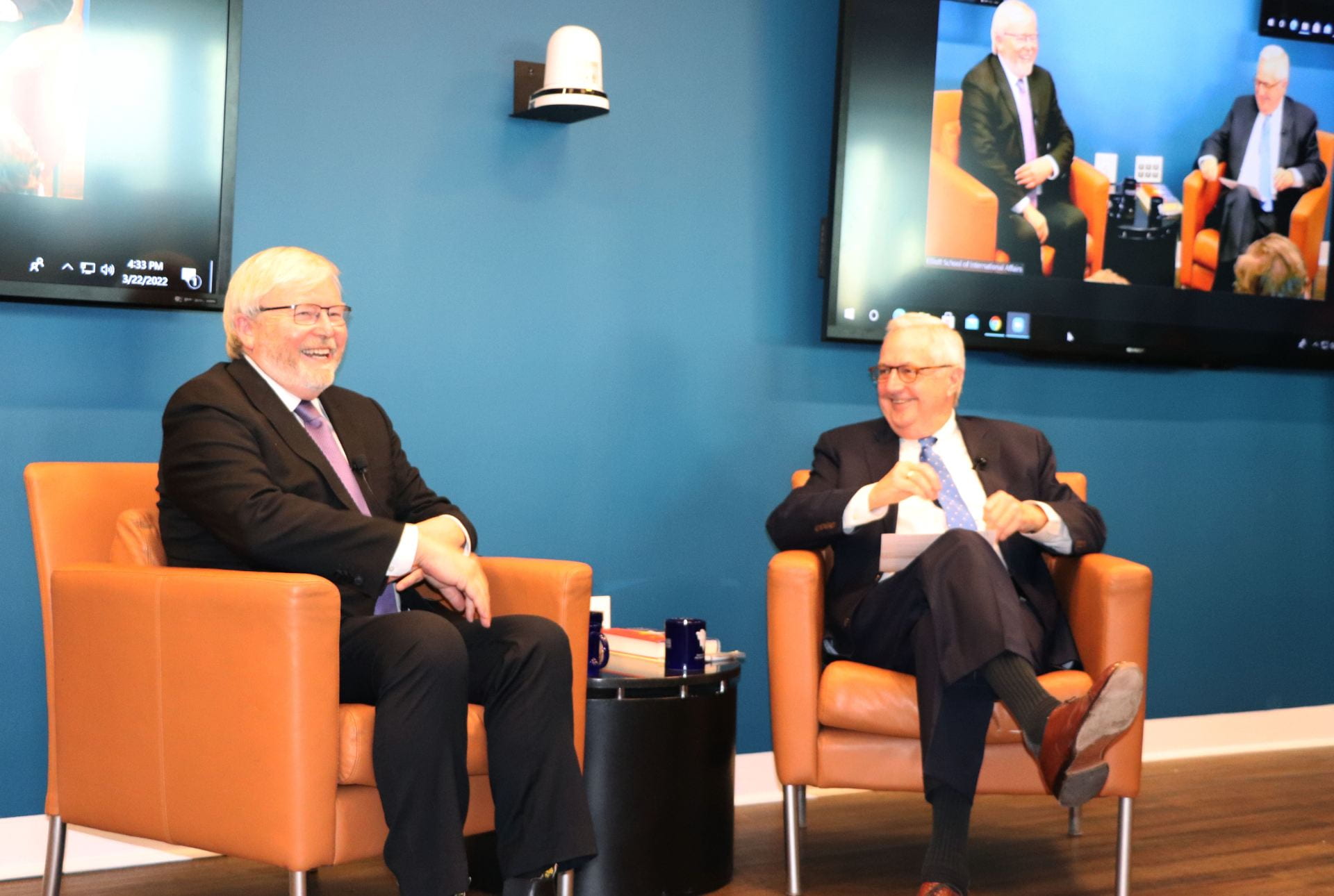
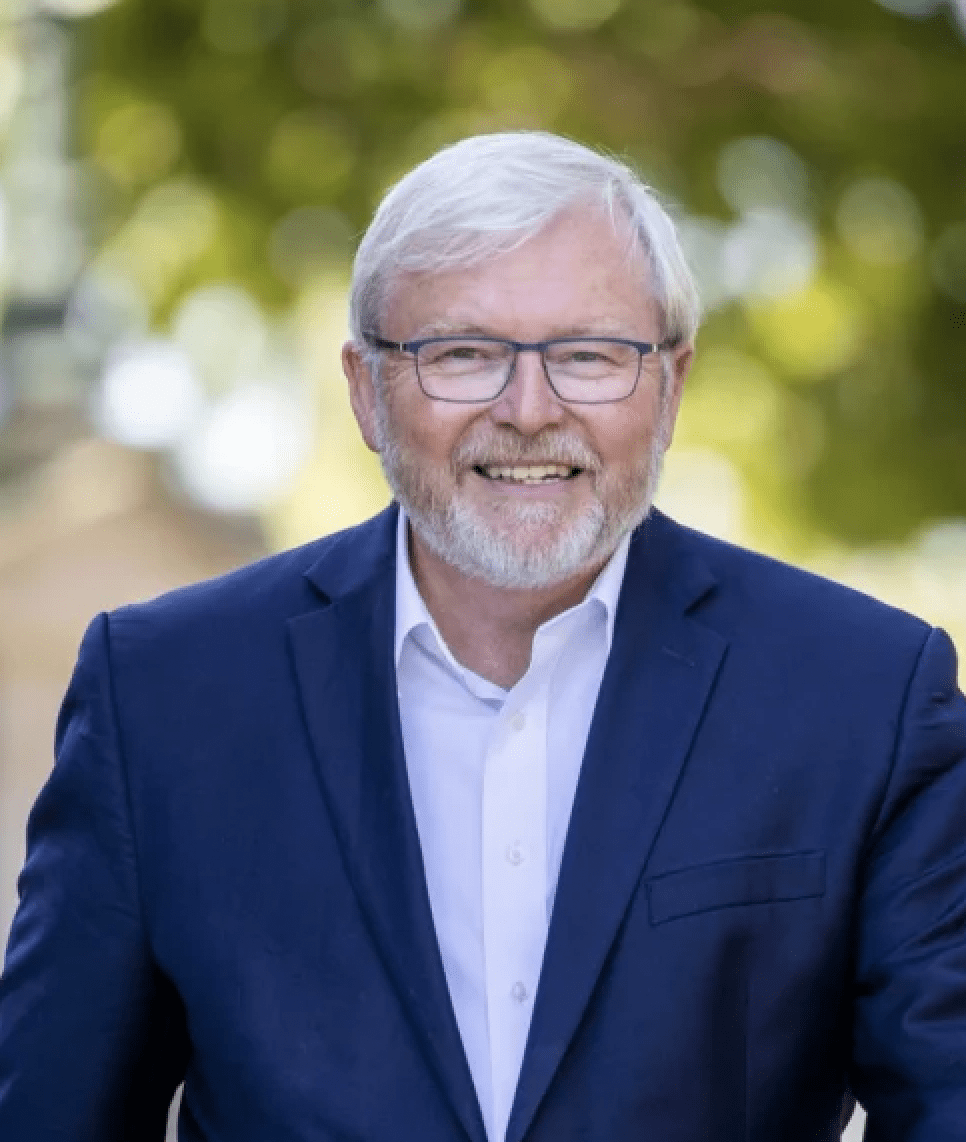
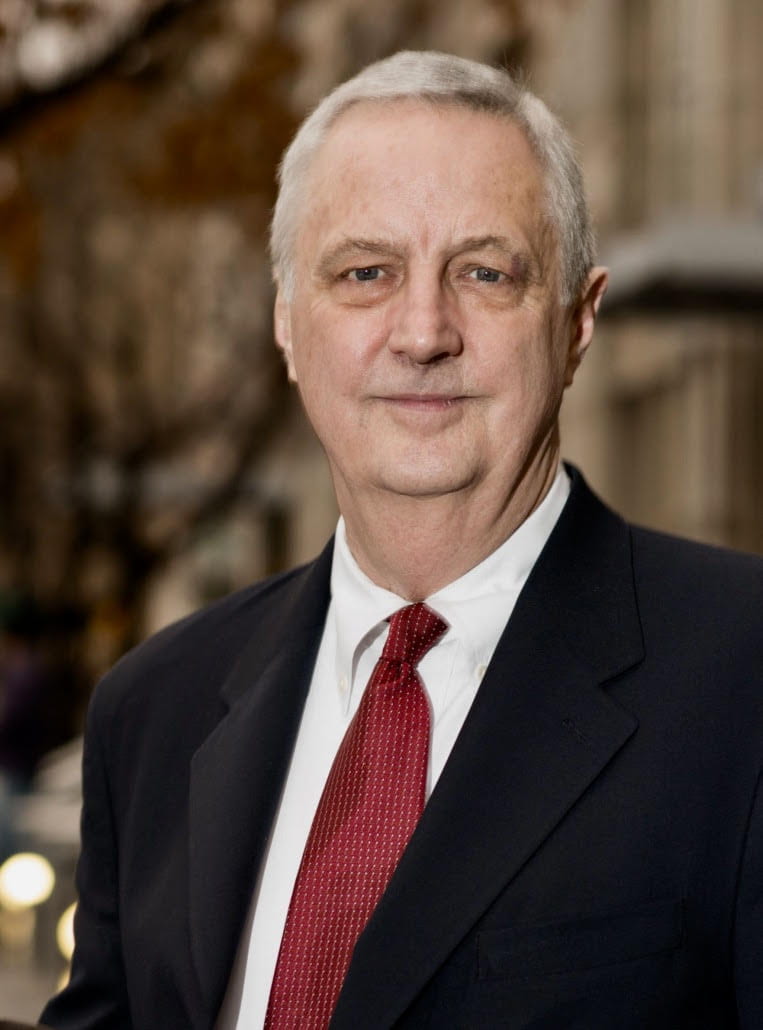
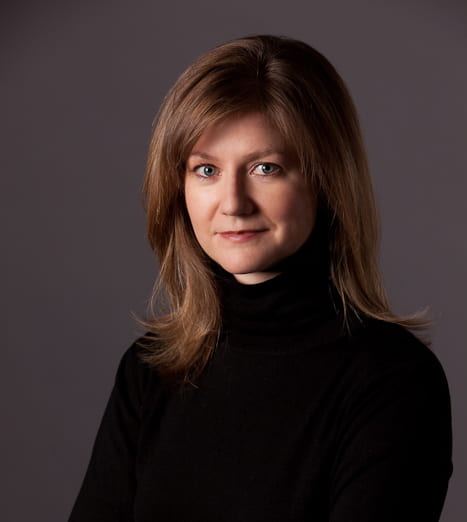
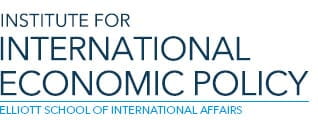
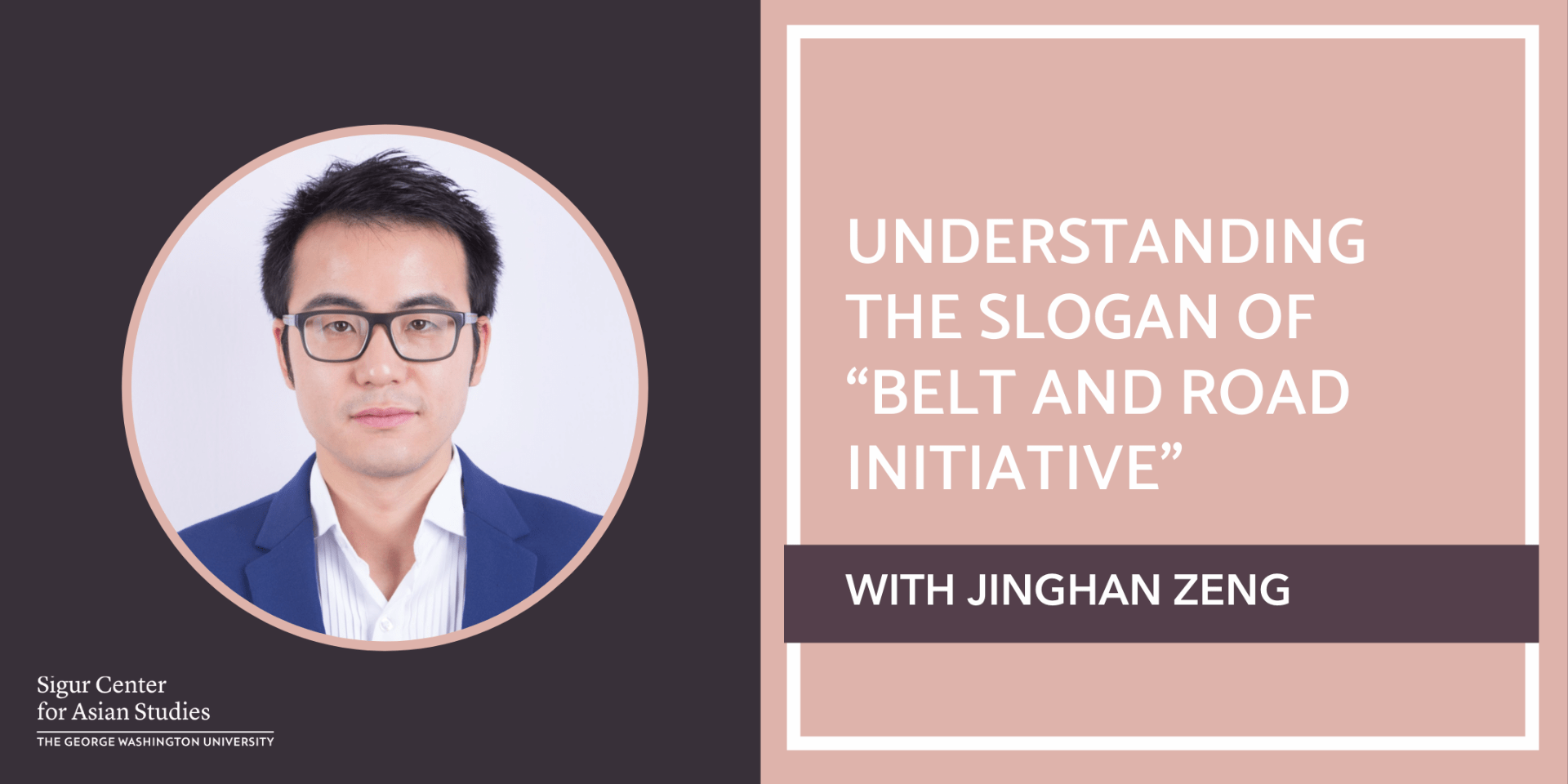
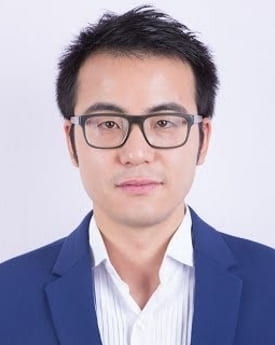
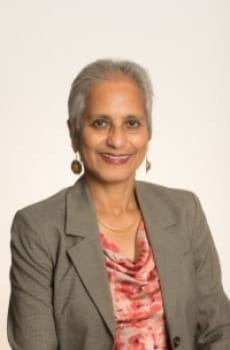

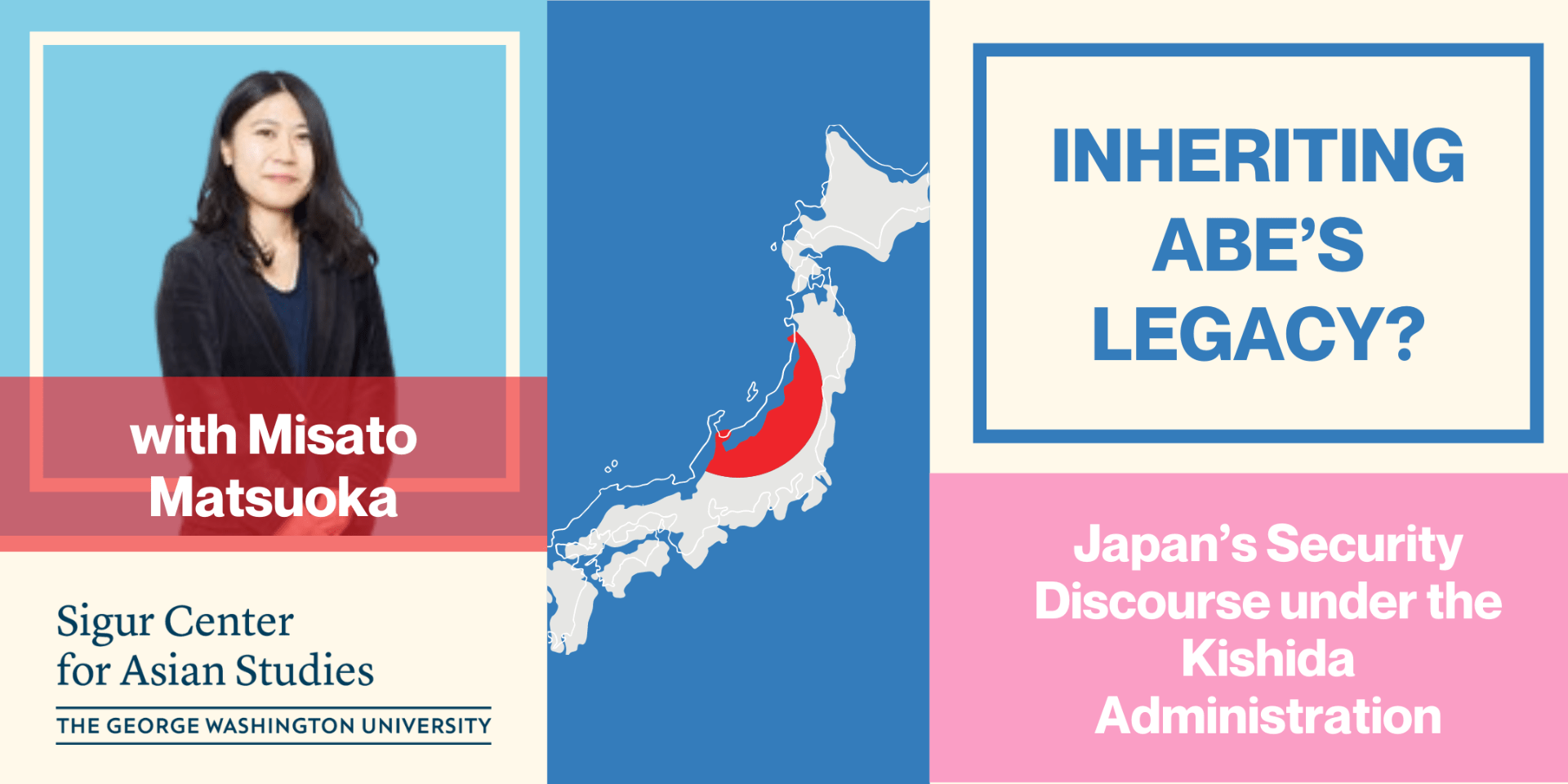
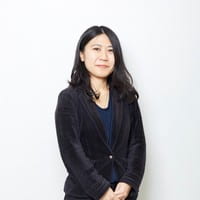
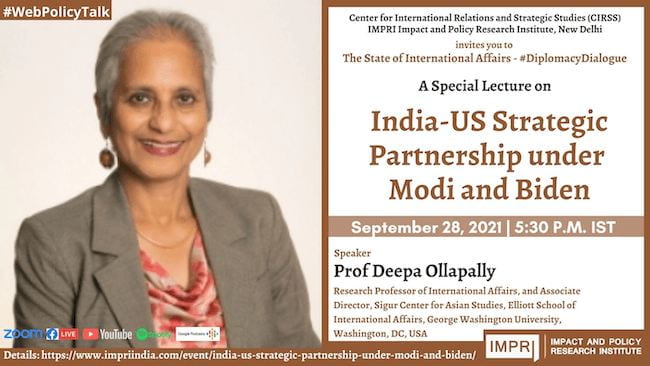



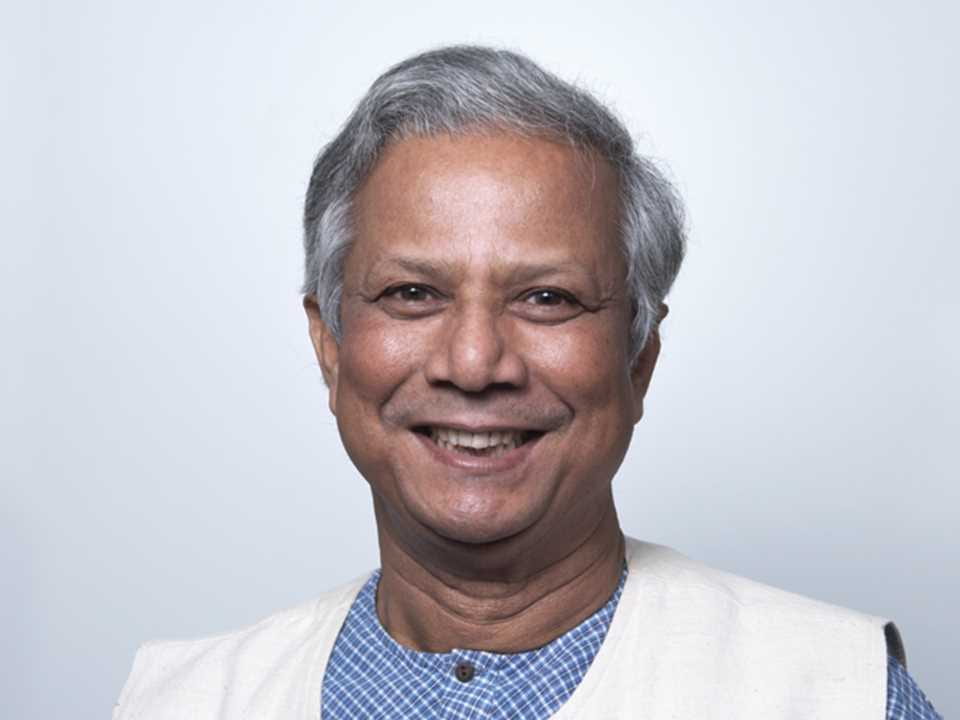


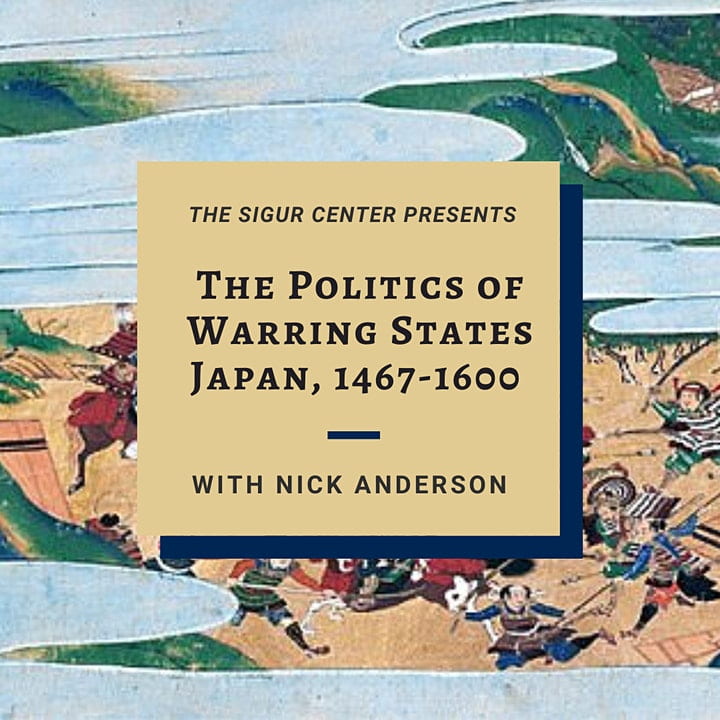

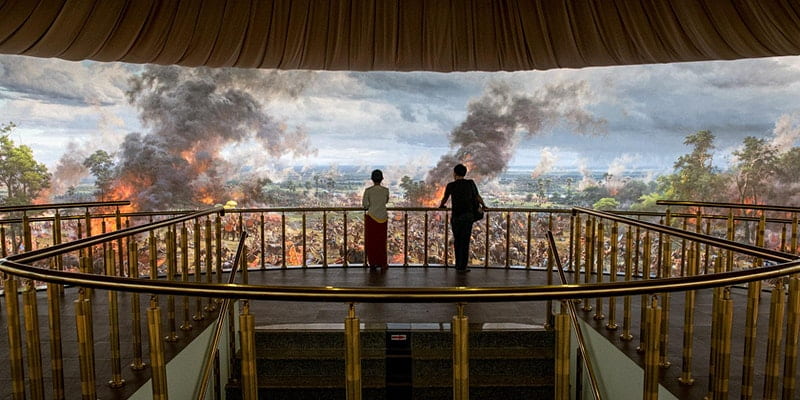


![[Sigur] Eventbrite Portrait SCLS 1 Pratap Bhanu Mehta Deepa Collage Portraits of Pratap Bhanu Mehta, former Vice-Chancellor of Ashoka University, and Deepa Ollapally, Associate Director of the Sigur Center for Asian Studies](https://sigur.elliott.gwu.edu/files/2021/01/Sigur-Eventbrite-Portrait-SCLS-1-Pratap-Bhanu-Mehta-Deepa-Collage-1-300x150.png)
